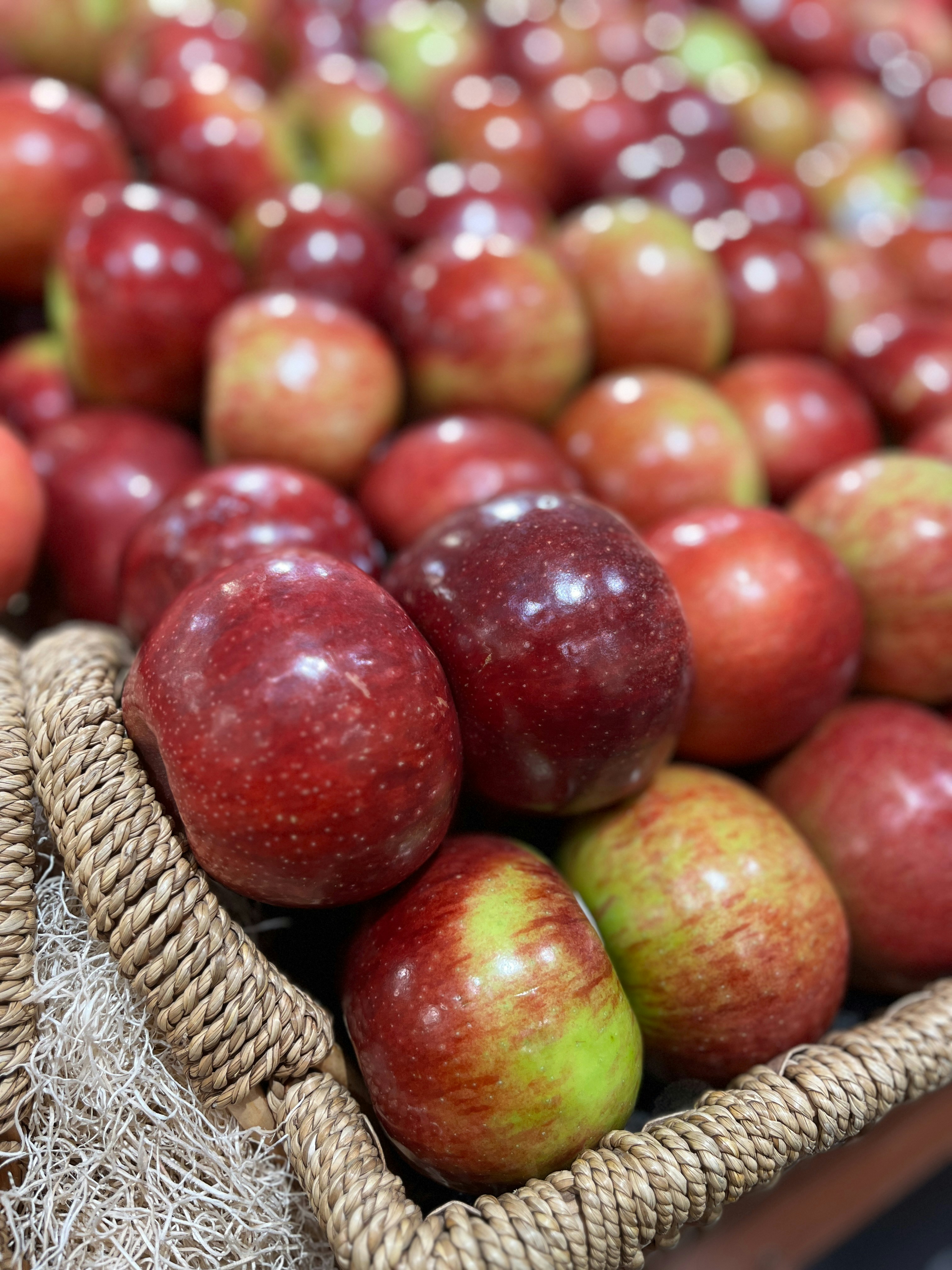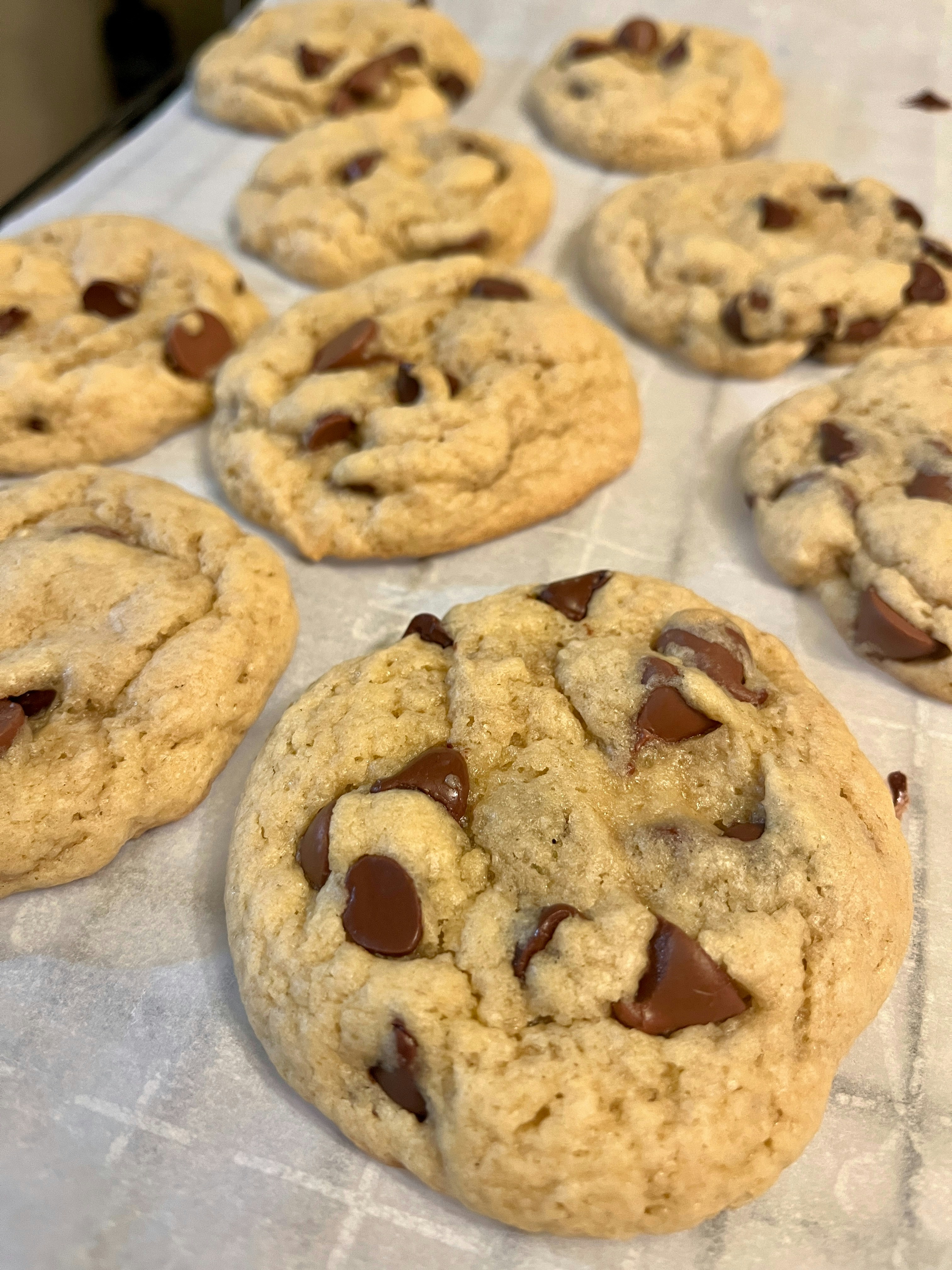The holidays are a time for family, friends, and festive feasts. But for many, they also bring the challenge of extra pounds gained during December. To avoid spending January on strict diets and grueling workouts, consider these tips to enjoy the season while keeping your health in check.
Smart choices start in the kitchen
Holiday cooking often means preparing more food than necessary, leading to days of indulgent leftovers. To combat this, plan meals carefully and make only what you need. If leftovers are inevitable, freeze them instead of leaving them in the refrigerator. The added effort to defrost frozen food may encourage you to reach for healthier options like fruits or vegetables instead.

When it comes to desserts, all pies are not created equal. For instance, an apple pie with a double crust has about 290 calories per slice, while the same pie without the top crust has only 200 calories. Baking with a graham-cracker crust instead of a flaky one can save even more calories. Pumpkin pie (230 calories per slice) and custard pie (250 calories per slice) are also lighter options compared to mincemeat pie (300 calories) or pecan pie (470 calories).
For recipes that call for calorie-dense ingredients like nuts or chocolate chips, use smaller quantities. A cup of chopped nuts contains around 760 calories, while a cup of chocolate chips has about 840 calories.

Navigating Holiday Parties
Holiday parties are filled with tempting hors d’oeuvres, desserts and drinks. Overeating isn’t always the issue—it’s the density of the foods. For example, a half-cup of eggnog contains about 180 calories, meaning even modest indulgence can add up quickly.
Choose your appetizers wisely, avoiding those wrapped in pastry, which can pack up to 150 calories each. Stick to the hors d’oeuvres you truly enjoy and skip the rest. Bringing a healthy dish as a gift ensures there’s an option that aligns with your goals.
When it comes to drinks, alcohol can be a major calorie contributor. Keep a non-alcoholic drink, such as club soda or water, in your hand to avoid frequent refills of high-calorie cocktails. Alternate alcoholic drinks with low- or no-calorie beverages, and use diet mixers in cocktails. Avoid combining caffeine with alcohol, as it can mask feelings of impairment.
Prepare and Plan Ahead
Skipping meals to “save calories” for a big holiday dinner often backfires. Your brain takes about 30 minutes to register fullness, which can lead to overeating if you’re too hungry. Instead, eat a healthy, balanced meal earlier in the day. A sandwich with lean ham, turkey or roast beef on whole wheat bread, paired with plenty of water, can keep hunger at bay and set you up for smarter choices later.
Routine exercise is another essential part of holiday weight management. With busy schedules, workouts are often skipped. However, exercise not only burns calories but also helps reduce stress, which can lead to overeating.

Keep Track and Stay Accountable
Weigh yourself regularly during the holiday season. Noticing a small gain of five pounds in early December can prompt healthier choices, potentially preventing a larger gain of 10 to 15 pounds by January.
By planning ahead, making mindful choices and staying active, you can enjoy the holidays without letting extra weight be part of the celebration.
—with Northwell Health
































